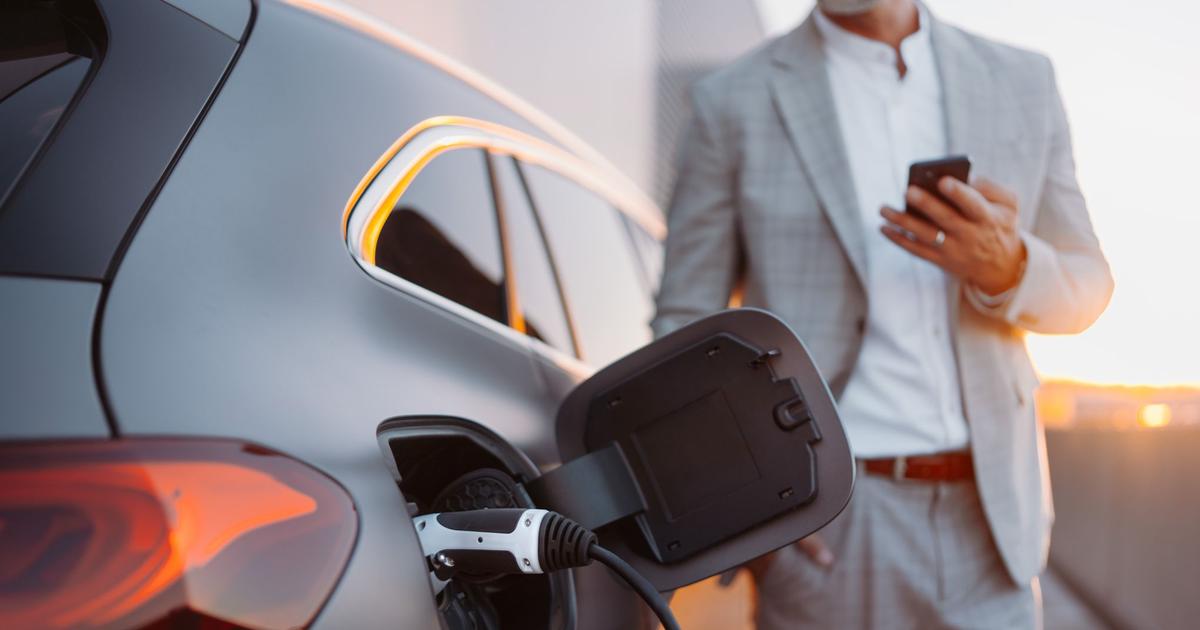Should we disrupt the organization of work?
Many companies with a fleet of vehicles for carrying out their activities are seriously asking this question since the representatives of the people tightened the regulations.
The climate and resilience law, which defines the tax framework and driving authorizations based on carbon dioxide emissions, and the mobility orientation law (LOM), which established quotas for low-emission vehicles, that is to say models which are below 50 g/km of CO2, now guide the purchases of companies with a fleet of at least one hundred vehicles.
In this case, they must respect a restrictive decarbonization trajectory for their fleet: already 10% since last year, 20% in 2024, 35% from 2027 and 50% from 2030.
Whether they are affected by these greening thresholds or are engaged in a CSR approach, companies are often caught up in the reality on the ground.
Certain activities prove incompatible with the commitment to greening the park at all costs, unless they degrade the economic efficiency and profitability of the activities.
Reducing the environmental impact of their fleets would mean for some organizations deciding to increase working hours, which seems unlikely, or accepting a drop in productivity.
Decarbonization objectives are therefore not always compatible with the interests of businesses.
Also read: Automobile: the majority of large companies have not greened their fleets as required by law
The electric vehicle suffers from a triple handicap: low autonomy, long charging times and lack of roaming infrastructure.
Not to mention the cost per kilometer traveled, which is much higher than we are told.
As for the plug-in hybrid vehicle presented on paper as the best of both worlds, it also faces a major challenge.
Also benefiting from significant tax advantages, this model suffers in real life from an explosion in consumption which causes the fuel bill to skyrocket.
The latest studies highlight the difficulties of recharging the battery as often as possible.
In a period where nothing is spared, there is certainly a path to be found where ecology does not place businesses in a green vise that risks strangling them.

